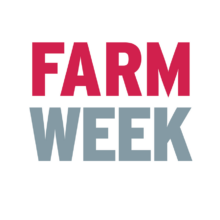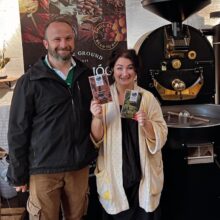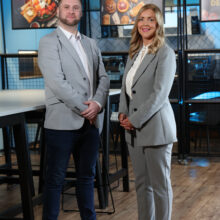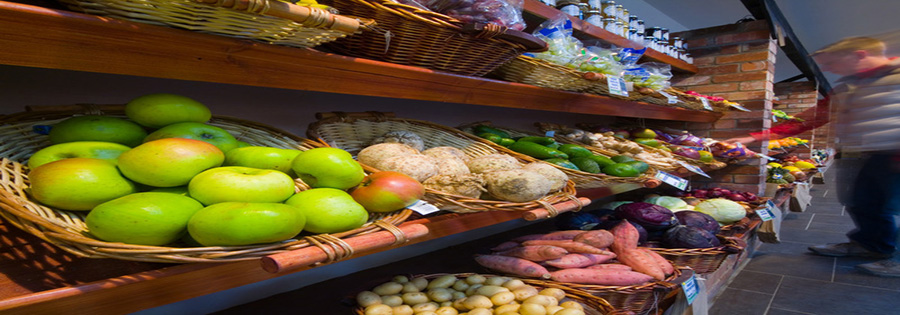
Article by Michele Shirlow for Farm Week
It’s hard to know what to make of recent developments surrounding the UK’s withdrawal from the EU. The Brexit negotiations appear to have started amicably between the UK and EU teams.
UK attempts, however, to persuade the EU negotiators to agree to consider withdrawal terms alongside a future trade deal appears to have run into a brick wall. Is it to be a hard or soft Brexit? No-one in the UK or EU seems clear on this.
There’s a suggestion that the recent UK election makes a ‘softer’ exit more likely. Certainly there appears to have been an agreement on the structure of the negotiations but much bigger hurdles lie ahead.
Interestingly Philip Hammond, the Chancellor of the Exchequer, has recently appointed a full-blooded pro-EU campaigner, Professor Silvana Tenreyo, to the Monetary Policy Committee. Signals from government continue to be confusing. Are we leaving the Single Market and the Customs Union? And what about the Common Travel Area? 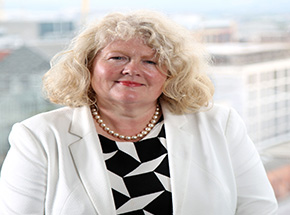
There appears to be a desire to maintain the Common Travel Area to facilitate movement between Northern Ireland and the Republic of Ireland. Preserving the Good Friday Agreement and the peace process remain priority issues for both the EU and UK. But there’s still a lack of clarity on what sort of border arrangements will develop.
A fierce critic of Brexit, Prof Tenreyo has warned that leaving the EU will have a negative impact on the UK economy. She added that Brexit will see talented workers leading the UK. This is already happening here especially in some meat processing plants. The ongoing uncertainty, political confusion, the future rights of European citizens in the UK and the impact of sterling’s weakness are forcing many EU workers here to leave.
Business here is justifiably demanding greater clarity and stability and is concerned about the length of time likely to be involved in negotiating trade deals with the EU and other international markets. Business planning in both short and long terms is now far from easy because of the dark clouds of uncertainty surrounding Brexit. While exporters are benefiting from lower prices abroad, most businesses are having to address higher input costs. Consumers are being hit by higher inflation from the plummeting pound in their pockets.
I know from talking to our member companies that the uncertainty is also having an adverse impact on investment decisions. Many of the businesses, especially the smaller firms, I have met are already focusing their marketing efforts on Great Britain largely because of its accessibility.
I’ve written before in this column that Great Britain is a market with huge potential for most of our companies. And we are keen to help them to explore and exploit the huge opportunities that are developing there for their products and expertise. It’s an ideal market logistically, one easier in which to deal with customers.
We are actively planning to assist our companies to grow in Britain by participating in major trade exhibitions such as the Speciality Food Show in London and the BBC Good Food Show in Birmingham. BBC Good Food will also be returning to the Waterfront Conference Centre in Belfast this November. We’ll also be building on the contacts we’ve developed with major food writers and other influencers in Britain to help in increasing awareness of the quality and outstanding taste of our food and drink in Britain and thereby boost sales there.

